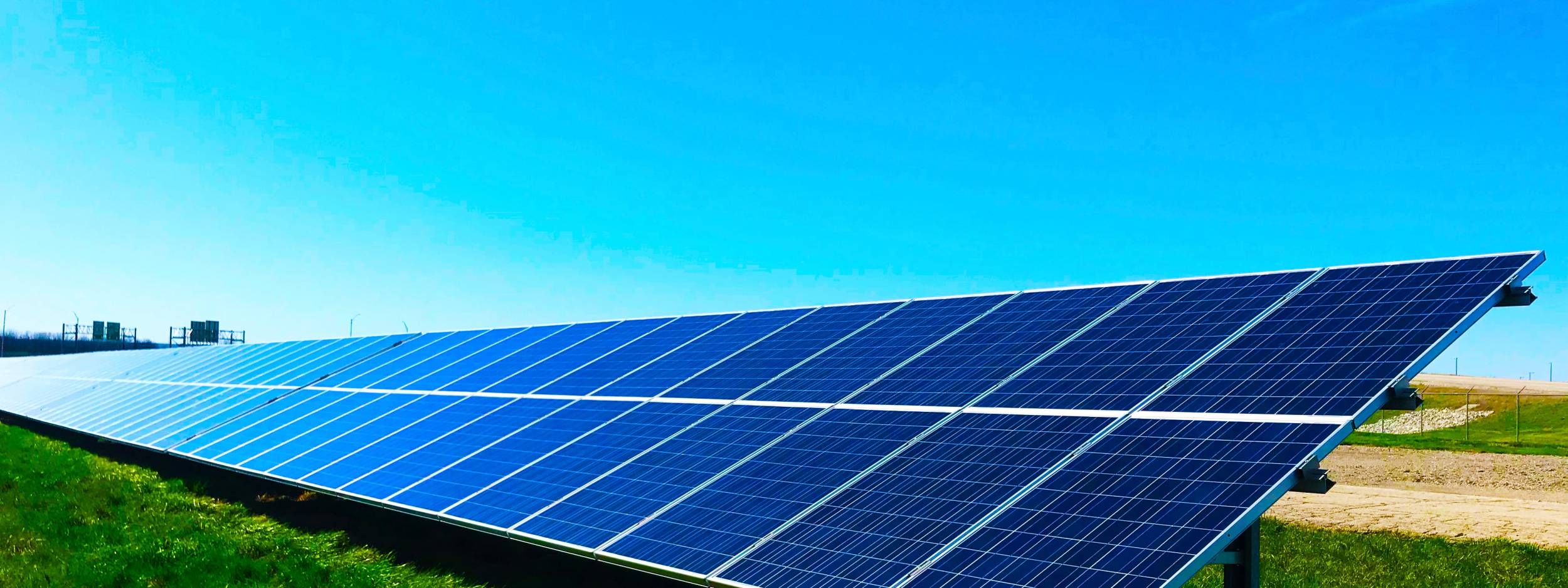
By Christina Boutselis 8/12/2019
While solar energy has become increasingly popular in the United States, it is, by nature, still inaccessible to many Americans. Those individuals and businesses that rent, live in multi-tenant buildings, or have a roof that is not equipped to host solar panels are unable to directly benefit from the booming solar economy.
To address this issue, 19 states and the District of Columbia have enacted community solar legislation, which generally allow any electric customer to subscribe to a community solar facility and benefit from solar generation without physically installing solar panels on their property.
In New York City, one of the leading developers of community solar is Daroga Power. Last year, Daroga Power finished developing the largest community solar project in the city at 1.2 megawatts of capacity. This project provides electricity to 196 subscribers in Brooklyn – of which 70% are residential customers, 20% are small commercial customers, and 10% are low- to moderate-income customers. Customers are not only reducing their energy costs by subscribing, but they help to reduce carbon emissions as well.
Though community solar is not presently allowed under Pennsylvania law, that could soon change if current legislation in the General Assembly is passed. Introduced earlier this year, House Bill 531 and its companion bill, Senate Bill 705, would amend Pennsylvania’s Alternative Energy Portfolio Standards Act to allow for community solar projects in the Commonwealth.
So, what exactly would this legislation do?
According to the current iteration of HB 531, if enacted, electric customers in Pennsylvania would be able to purchase, lease, or subscribe to part of an offsite community solar facility. By doing so, they would benefit from the solar generation by receiving credit on their electricity bill, as if they had solar panels on their own property. The legislation would encourage community solar programs to increase their development in low- and moderate-income communities so that these groups could benefit from the program. It would also ensure that when the Pennsylvania Public Utility Commission develops regulations, it makes every effort to remove barriers to participation that could affect renters, low- and moderate-income customers, and small businesses. Additionally, the proposed law would allow, within reason, community solar facilities to operate in such a way as to maximize customer participation.
What would this mean for members of The Energy Co-op?
Under this legislation, The Energy Co-op could utilize our cooperative model to support solar power developers to finance and build solar projects. As a developer, it can be challenging to find subscribers – just ask David Matt, principal of Daroga Power, who expressed that “one of the biggest issues that community solar programs face is overcoming the lack of awareness and getting customers to participate.” Thus, part of The Energy Co-op’s role, at least initially, would be raising that awareness within our community of members. And then, who knows? Maybe a solar project of our own!
If you want to see this legislation enacted, be sure to reach out to your State Representative and Senator when the Pennsylvania state legislature reconvenes next month and ask them to vote “yes” on HB 531 and SB 705.
Christina Boutselis is an Operations and Communications Intern with The Energy Co-op. She is currently a rising senior at Penn State University where she studies Earth Science & Policy and Energy Business & Finance.